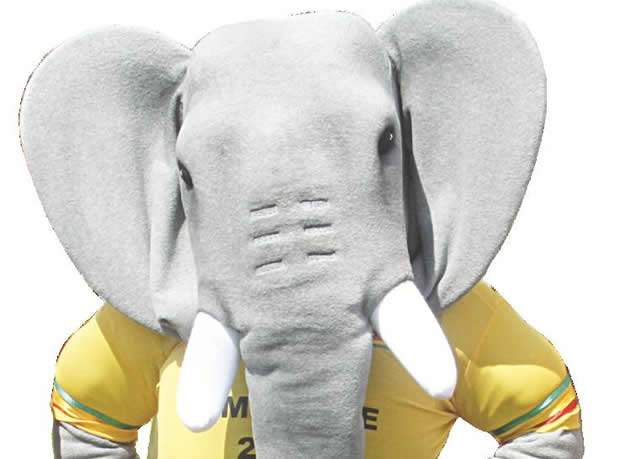Ebola death toll rises to 4,900

 The number of people with Ebola is about to hit 10,000 in West Africa, the World Health Organisation said, as the scramble to find a cure gathered pace.
The number of people with Ebola is about to hit 10,000 in West Africa, the World Health Organisation said, as the scramble to find a cure gathered pace.
The UN’s public health body said 9,936 people in Guinea, Liberia and Sierra Leone – the three countries at the epicentre of the world’s worst Ebola epidemic -have contracted the disease, WHO said on Wednesday.
In total, 4,877 people have so far died.
The news comes as the Red Cross said it would be at least four months before the epidemic is contained, but only if all necessary steps are taken.
“It’ll be possible, as it was possible in the past, to contain this epidemic within four to six months” if the response is adequate, said Elhadj As Sy, chief of the International Federation of Red Cross and Red Crescent Societies (IFRC).
But with experts warning that the rate of infections could reach 10,000 a week by early December, researchers around the world are scrambling to beat the virus, for which there is currently no licensed treatment or vaccine.
The figures were released as the WHO in Geneva on Wednesday held its third round of emergency talks on Ebola, discussing efforts to combat the tropical fever.
A Press conference was held yesterday following the end of the talks.
The talks are expected to last two days.
Meanwhile, doses of the experimental rVSV vaccine against Ebola arrived at the Geneva University Hospital from Canada.
The WHO is to coordinate trials of the vaccine in Geneva alongside those already under way in Germany, Gabon and Kenya.
The vaccine, developed at the National Microbiology Laboratory in Winnipeg, is one of two experimental Ebola vaccines identified by the WHO as having shown promising results when tested on monkeys.
WHO assistant director general Marie-Paule Kieny said the goal was to be able to ship initial supplies to Africa by early 2015, though mass vaccination campaigns are not yet on the cards.
“There’s a very strong movement now from governments of many countries to push as quickly as possible these vaccines into real-world use,” she said.
A key aim is to help guard health workers against Ebola – some 240 have died so far as they strive to care for desperate patients.
At the same time, the American Institute of Health announced it had begun a clinical trial of a vaccine, trying it on 39 people.
However, even if successful, the vaccine would not be available until next year.
In a related incident a Cuban medical team has arrived in Liberia to help tackle the spread of the Ebola virus.
Earlier, the foreign ministry said the 52-member team comprised doctors, nurses, epidemiologists, intensive care doctors, general practitioners, surgeons, paediatricians, intensive care nurses, anaesthetists and nurses.
Jorge Fernando Lefebre Nicolas, the Cuban ambassador to Liberia, said the arrival signalled his government’s strong solidarity with Liberia.
He added that Cuba’s commitment was geared towards enhancing the existing ties between both countries and acknowledged that the move would mark the start of medical co-operation between Cuba and Liberia.
The Cuban doctors are expected to be assigned to a newly constructed unit at the unfinished defence ministry facility in Congo Town.
Augustine Kpehe Ngafuan, Liberia’s foreign minister, said he was delighted over the arrival of the doctors and that he hoped the development would also help in strengthening the country’s health service.
Another group of around 40 doctors from Cuba were due to arrive in neighbouring Guinea on Wednesday.
Meanwhile, WHO said a serum made from the blood of recovered Ebola patients could be available within weeks in Liberia.
“The partnership which is moving the quickest will be in Liberia, where we hope that in the coming weeks there’ll be facilities set up to collect the blood, treat the blood and be able to process it for use,” Kieny said in Geneva.
While the serum is an important development, it is still unclear how much will be produced and whether it would be able to meet demands.
On Monday, Liberia’s President Ellen Johnson Sirleaf said if urgent action was not forthcoming, West Africa risked losing an entire generation to the virus.
Cuba has already sent 165 medical professionals to neighbouring Sierra Leone, a larger contingent than most Western countries.
Cuba’s actions brought praise from US Secretary of State John Kerry, while a New York Times editorial on Sunday praised the island’s “impressive role,” calling the doctors “an urgent reminder . . . that the benefits of moving swiftly to restore diplomatic relations with Cuba far outweigh the drawbacks.” – AFP












Comments